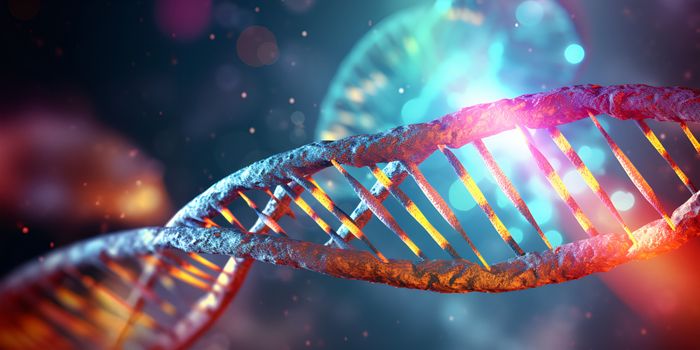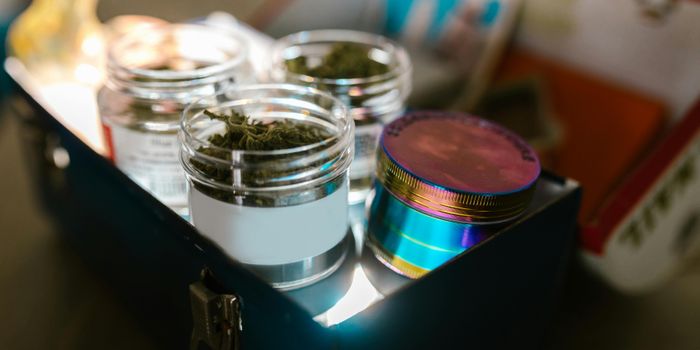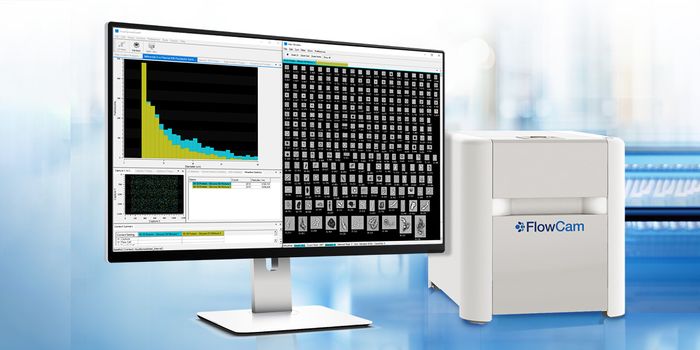Researchers Can Now Reverse Skin Cancer
Ten years ago, just 5% of people with advanced melanoma (skin cancer) lived more than five years after being diagnosed. Now however, researchers from the Institute of Cancer Research and the Royal Marsden hospital in London have found a way to increase the chances of living beyond five years with the condition to 52% (Boseley: 2019). But how?
In a stage 3 clinical trial, the researchers tested a combination of two immunotherapy drugs: ipilimumab and nivolumab, to understand how they influence cancer growth. In doing so, they randomized 945 patients with advanced melanoma into three groups: 314 receiving a double dosage of nivolumab plus ipilimumab; 316 receiving nivolumab and a placebo; and 315 receiving ipilimumab and a placebo (Larkin: 2019).
Comparing the results of each group until the disease either progressed or side-effects became unbearable, they found that the group taking a combination of the two drugs had the best prognosis. Their survival rate after five years was 52%, with 74% of those patients being able to live treatment-free after five years of initial treatment. Meanwhile, the survival rate for nivolumab alone was 44%, and that for ipilimumab: 26% (ibid.).
Professor James Larkin, involved in the study, said: “By giving these drugs together you are effectively taking two brakes off the immune system rather than one so that the immune system is able to recognise tumours it wasn't previously recognising and react to that and destroy them (The Institute of Cancer Research: 2019).”
Moreover, the researchers also noticed that even for patients who stopped treatment due to unbearable side effects such as fatigue, skin rashes and diarrhea, their outcomes were just as good as for those who had continued to take the drugs over longer periods of time. This is because immune systems can be re-educated even with just a short duration of treatment, contrasting other treatments such as chemotherapy, which require a full course to be effective (ibid.).
According to Pamela Smith, one of the participants in the trial: “I’d been having treatment every two weeks for about four months when I developed diarrhoea that was so bad I had to come off treatment. Amazingly, the first scan and every scan since has shown that in that relatively short time, it worked. My tumour shrank to less than half its original size and it hasn’t changed in five years (Boseley: 2019).”
Sources
Boseley, Sarah: The Guardian
Larkin, James: The New England Journal of Medicine
The Institute of Cancer Research









